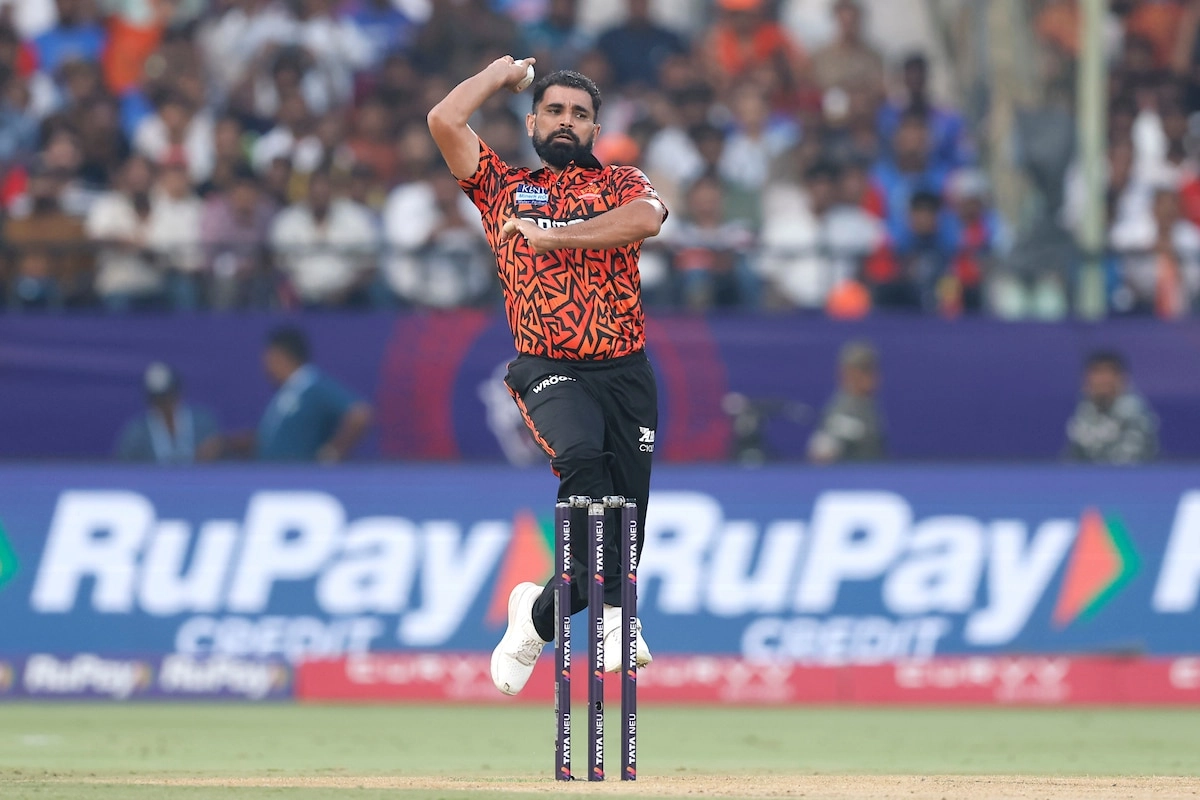In a shocking turn of events during the Indian Premier League (IPL) 2025 season, a scandal has emerged involving Mohammed Shami’s sister and several relatives, who are reportedly implicated in an alleged fraud scheme related to the Mahatma Gandhi National Rural Employment Guarantee Act (MNREGA). This development has not only raised eyebrows in the cricketing community but also sparked significant media attention, as it intertwines the world of sports with serious allegations of financial misconduct. MNREGA is a key employment guarantee program in India, aimed at providing at least 100 days of wage employment in a financial year to every rural household, and any misuse of its provisions is taken very seriously by authorities.
The allegations suggest that Shami’s family may have exploited the MNREGA scheme for personal financial gain, potentially diverting funds intended for rural development projects. Such actions, if proven true, would not only betray the trust placed in public welfare schemes but also cast a shadow over the reputation of Shami, a celebrated cricketer who has represented India at various international levels. As investigations unfold, the implications could be far-reaching, impacting not just the family involved but also the broader perception of athletes and their associations with various social issues.
Cricket fans and the general public alike are left to grapple with the contrasting images of a sporting hero and the troubling allegations against his family. Shami’s career has been marked by outstanding performances on the field, making him a household name in India. However, this scandal raises questions about the accountability and ethical conduct of public figures and their families. As the IPL continues, the focus remains on the ongoing investigations, with many eager to see how this situation will evolve and whether it will have any repercussions for Shami’s professional life and his standing within the cricketing community.
The intersection of sports and social responsibility is a critical discourse in contemporary society, and this incident serves as a reminder of the potential pitfalls that can arise when personal and public interests collide. As authorities delve deeper into the allegations, there is a pressing need for transparency and reform within welfare programs to prevent exploitation and ensure that the benefits reach those who truly need them. The outcome of this case could serve as a precedent for how similar issues are addressed in the future, emphasizing the importance of integrity in both sports and public service.




